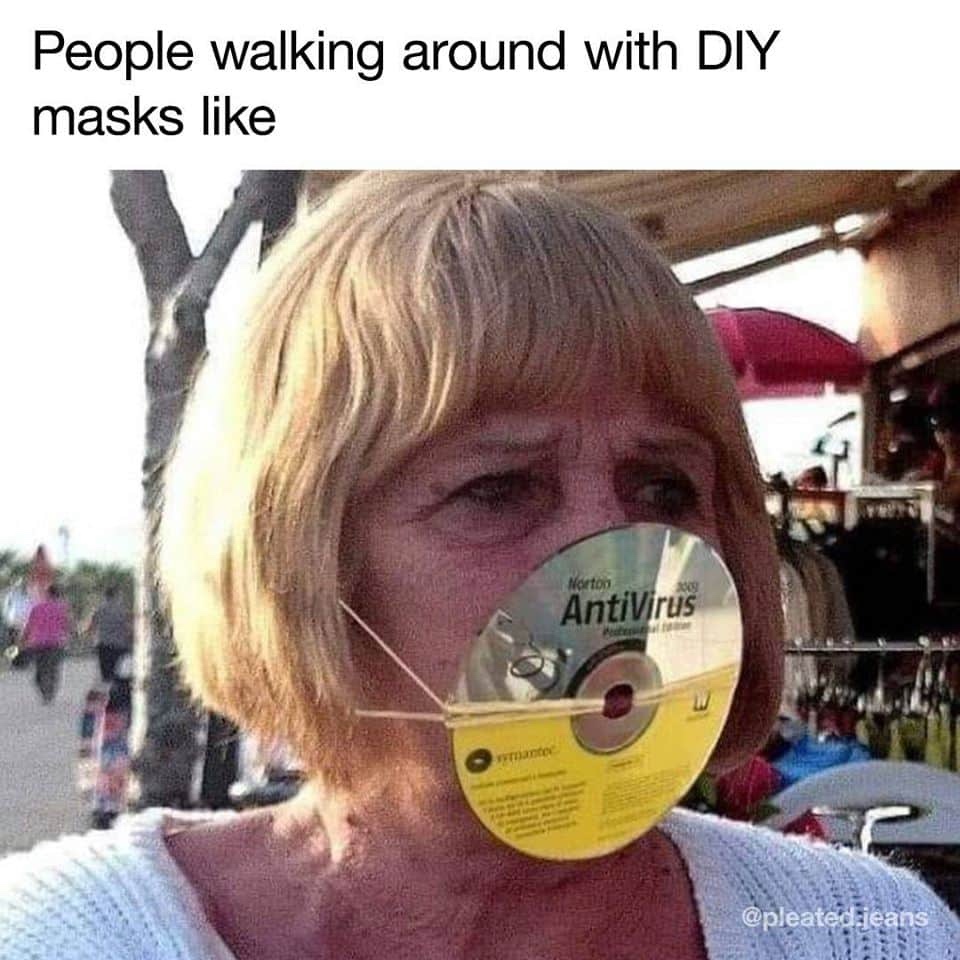Did Googling your Symptoms send you into a Spiral?
During this time of a global pandemic when everyone was anxious about contracting COVID-19 with people isolated and the death toll has piled on. At the height of the pandemic, around March, terms like ‘covid’, ‘coronavirus’, and ‘covid-19’ were the most searched terms on Google. With cases on the rise in countries like the United States of America, a sense of imminent danger is propagated by the media. People have become more conscious of their bodies and anxious about any symptoms of the illness overall.
The world in 2020 is largely social media-driven. Social media websites are the most frequented places on the Internet, where millions of memes, opinions, information, and misinformation are spread and shared by the minute. It only makes sense for most people to derive their knowledge and try to abate their fears through searching for causes of their symptoms, but this tends to show that there may be more risk than reward for this act.
In the past seven months, the fear of the COVID-19 symptoms has been rising. A simple cough, or even a sneeze, is stigmatised. The panic has been so avid that healthcare and sanitation workers have been turned away from their very homes. If a person is choking on their phlegm, people look at them funny. It is as if one’s common sense has gone out the window. People have been so busy adjusting to the “new normal”, that they tend to forget that common colds and fevers are also a common occurrence in a year. People with Anxiety and Hypochondriasis or IAD (Illness Anxiety Disorder) tend to suffer the worst, especially due to triggers from social media and other influences of the internet.
The issue with laypeople googling their own or other’s symptoms is that they are given unfiltered access to a large amount of information. This information is not something that everyone can understand. People tend to aggregate symptoms from every disease and apply it to their scenario, most of the time, leading to the worst ones being highlighted.
Many health officials have used the same social media platforms to try and abate these fears and anxieties, such as Dr Mike who uses his YouTube channel to reduce misinformation and promote the idea of being “Alert and not Anxious.”
The lesson that these professionals and studies try to teach us is that while it is important to be careful and take care of oneself and be aware of one’s own body and physical state, it is essential to trust a professional’s knowledge. What you feel is important, but we as laypeople lack the knowledge and tend to get trapped in a spiral. This spiral of faulty thinking must be avoided both for the health of everyone in the community but especially ourselves.





Really informative
ReplyDelete